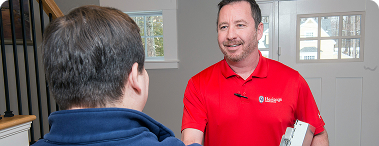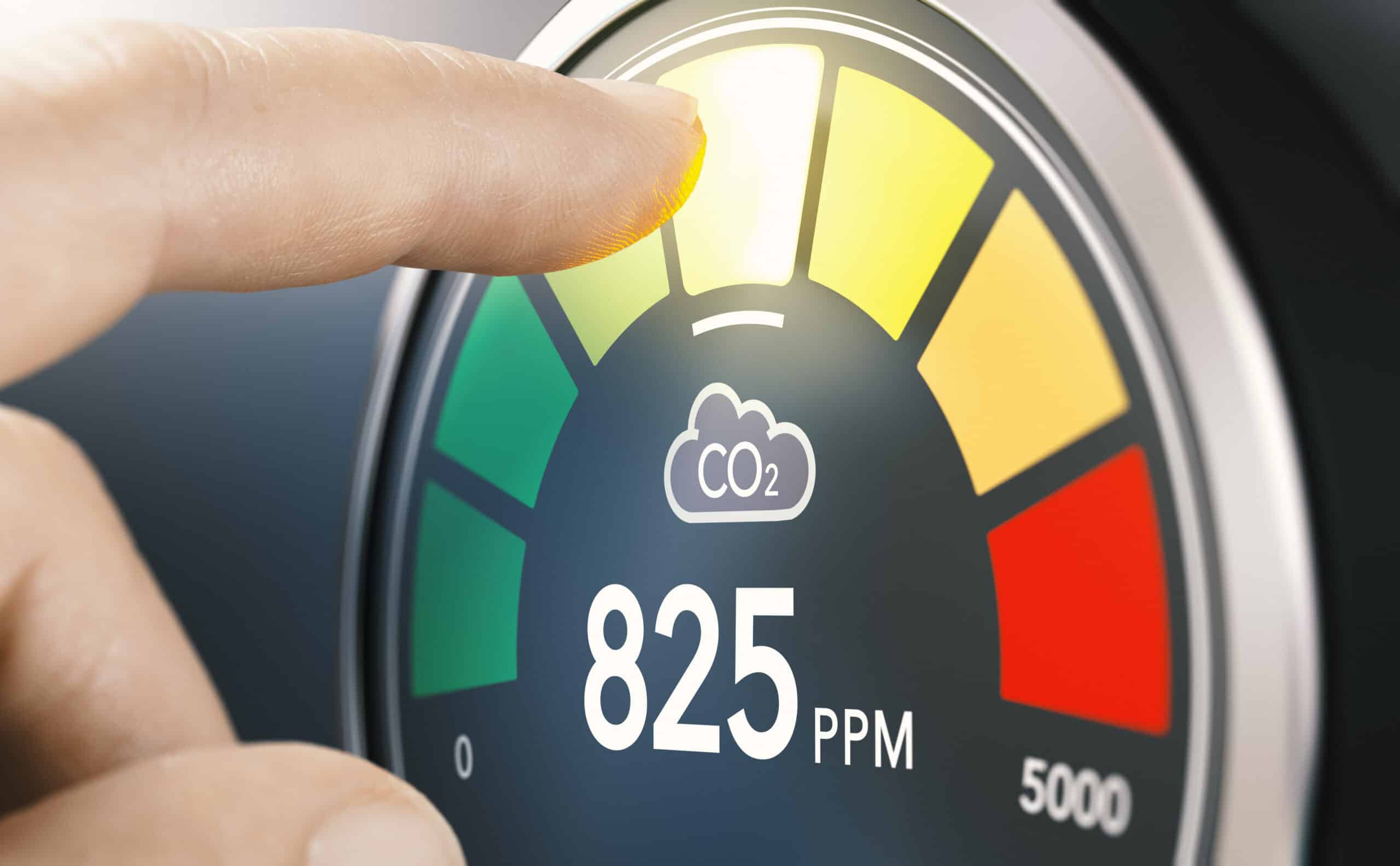Americans spend 84% of their time indoors, whether it be at home or in an office according to the EPA. But did you know that the air indoors can be 2 to 5 times worse than outdoors? This is because many buildings and homes have poor air exchange rates due to improperly designed HVAC systems, trapping dirty air inside faster than new air can replace it.
How does Indoor Air Quality affect my comfort?
In the Northeast where we spend a large chunk of our year bundled up inside, air quality can have a dramatic effect on your health and comfort. This is especially harmful to those in your family who suffer from seasonal allergies or asthma.
Another factor affecting your air quality is humidity control. Common symptoms such as frequent nosebleeds and dry skin or hair indicate too little humidity in the air. The presence of mildew and mold, damp feeling on floors and furniture, or musty smells usually indicate too much humidity. The humidity level of your indoor air can also pose a risk to your health when it comes to how often you get sick from seasonal colds and flu.
Indoor Air Quality Assessment
Our customers now have the option to have an indoor air quality assessment. A specialized monitor is plugged in and performs sampling of several factors over a 30-minute period. This test is usually performed in the main living room. The test is looking at Temperature, Humidity, Carbon Monoxide, Carbon Dioxide, Particles, Odors, and smells.
It will then give a report comparing the levels in the home with the industry standards for indoor air quality.
Products that can improve your Indoor Air Quality.
We’ve compiled a list of some products that can help improve the air quality in your home and a brief description of how each product helps:
- Whole home air filtration
- HRV systems
- UV light purification
- Ionic air purification
- Whole home humidification
- Whole home dehumidification
Whole Home Air Filtration
Mechanical filters attached to your furnace (such as an Airbear filter) that remove things like pollen, dust, dander, and fur for your circulating indoor air.
Heat Recovery Ventilator (HRV) Systems
Most important for newer homes built after the 1970s, which have tighter insulation tolerances, HRVs are ventilation systems that keep you and your family more comfortable and healthy by replacing stale indoor air with fresh outdoor air, without cooling down your home.
UV Light Purification
A UV bulb is installed inside your air handler to neutralize mold and mildew particles from your air conditioning coil. This particular system is also used for water purification.
Ionic Air Purification
Uses the process of ionization to remove harmful bacteria and viruses from your home’s air. It can also help reduce odors from cooking, smoke, and more.
Whole Home Humidification
Adds moisture back into your air which can alleviate symptoms such as dry skin/hair, nose bleeds, and static shock from carpet and clothing.
Whole Home Dehumidification
Removes excess moisture from the air to help combat issues with mold, condensation on windows, damp “sticky” feeling on floors and furniture, and musty smells.
Feel It To Believe It – Get Better Indoor Air Today!
Excellent indoor air quality is really something you have to experience in order to understand the huge difference it can make in your daily life. When so much more of our time is spent indoors, maintaining the health of you and your family is important. If you’re ready to start taking control of your home’s IAQ and are ready to breathe easy in your home no matter what season it is, get all the information and options you need from New England’s trusted pro. Just Call Heritage today!

Financing Made Easy
When you choose Heritage, you can rest easy knowing that we provide straightforward options to help you budget for a complete solution that will last you for decades to come.
VIEW FINANCING OPTIONS
Complete Care Plan
With Complete Care, enjoy peace of mind knowing your home's plumbing, heating, cooling, and electrical needs are handled year after year—hassle-free, with added benefits.
VIEW PLAN







